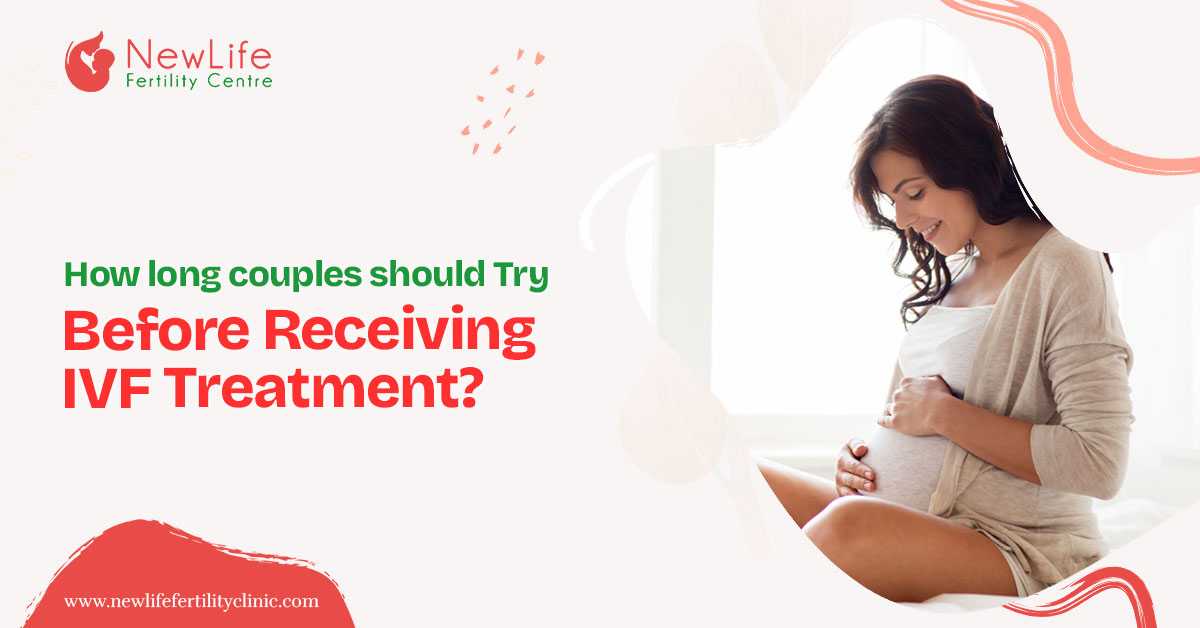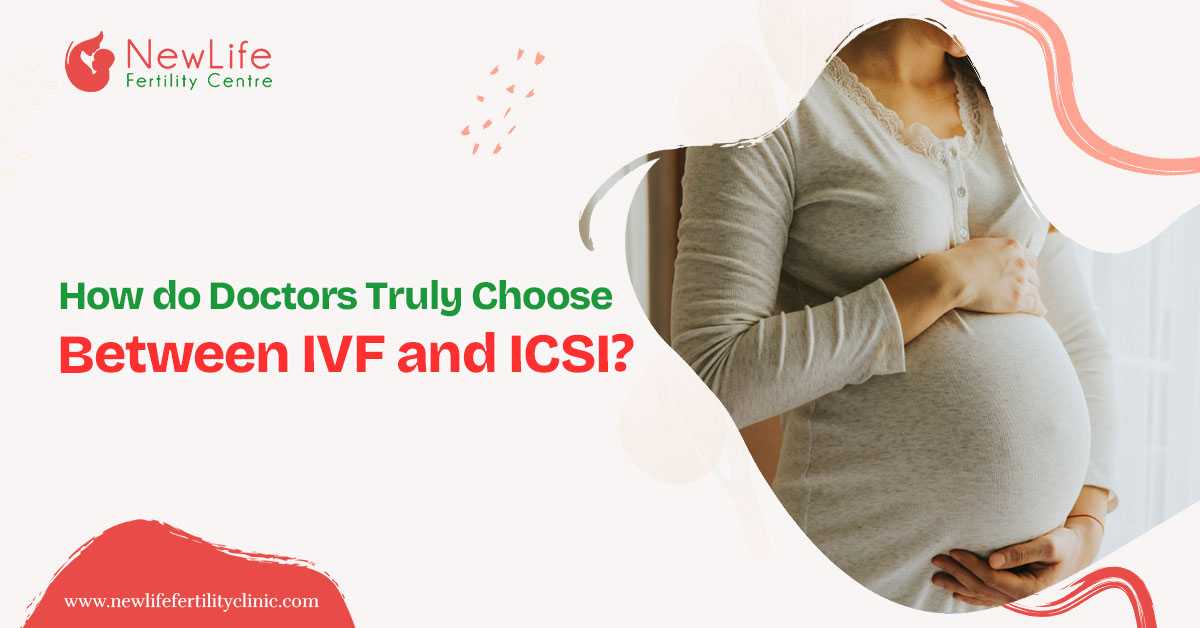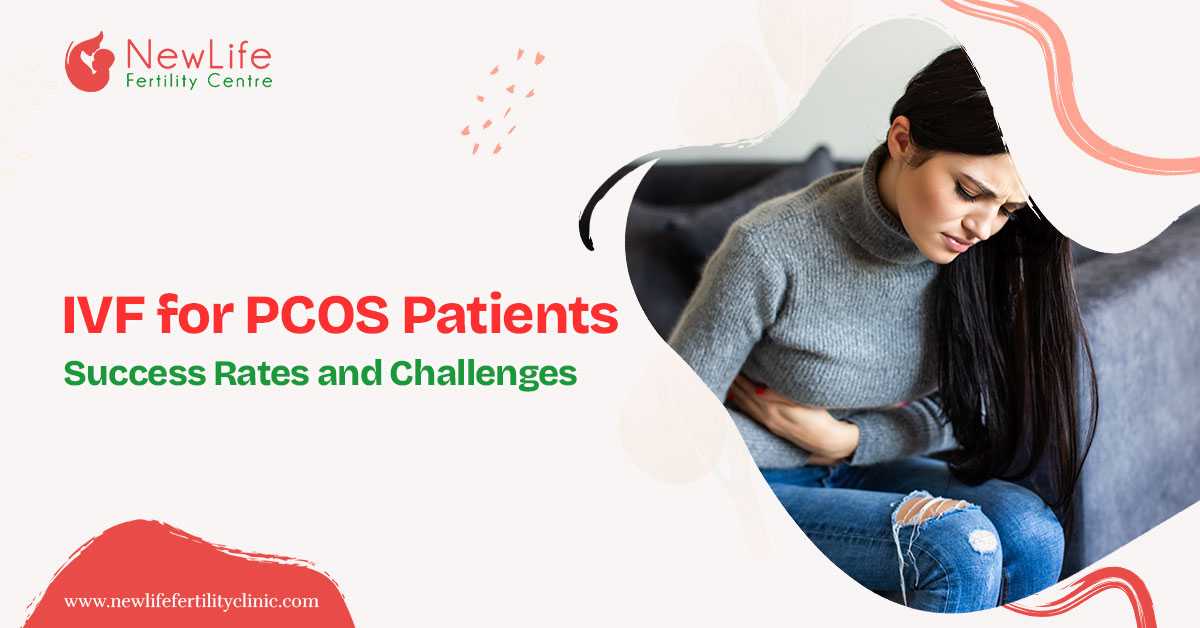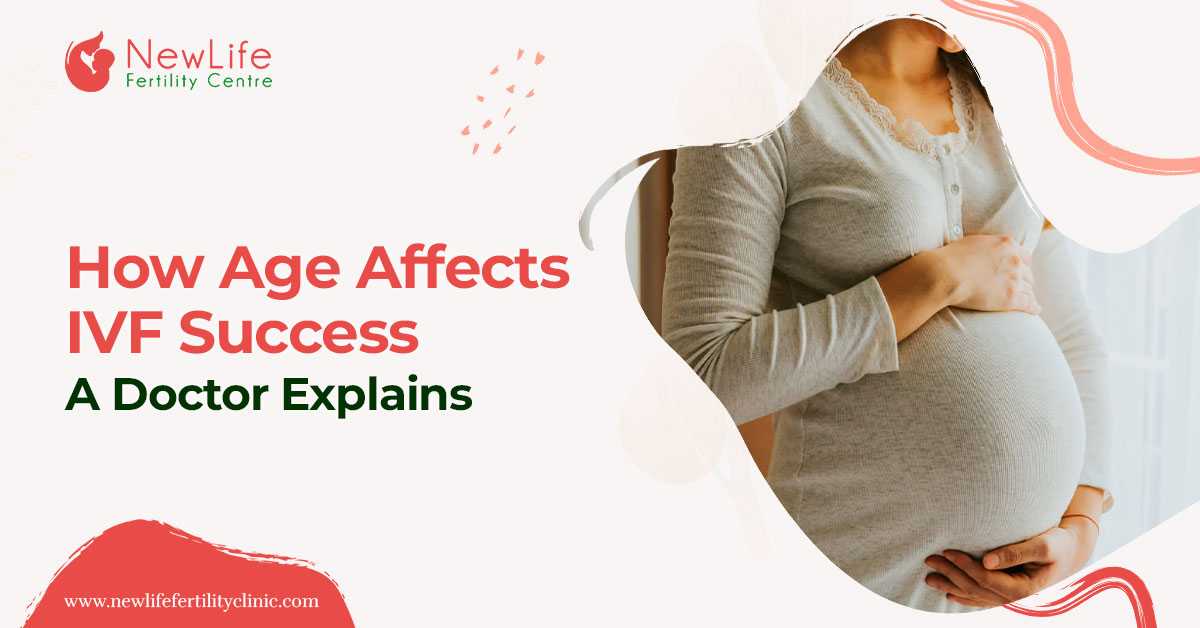For people undergoing fertility issues, In Vitro Fertilization (IVF) has become an effective solution. IVF, one of the most successful types of assisted reproductive technology (ART), has aided a considerable number of people worldwide in starting their families. However, some factors always impact the success rate of any treatment, and here age is one of them, affecting the outcome of IVF.
Yes, age has an impact on the results of IVF and other reproductive treatments besides natural conception. This reading helps you understand the IVF success rate by age. Even if reproductive medical technology is constantly developing, age is still a biological aspect that has a direct influence on the quality of eggs, the development of embryos, and the success of pregnancies.
Overview of IVF
In IVF, your doctor removes mature eggs from your ovaries and fertilizes them in a lab in vitro using sperm. In order to achieve pregnancy, the resultant embryos are cultivated and then placed into your womb/ uterus.
Success with IVF relies on a number of factors, and they include:
- Quality of sperm and eggs
- Health of the uterus
- Balance of hormones
- Factors related to lifestyle
- Underlying health issues
- The patient's age
Age has been a crucial factor in this, especially if you are using your own eggs.
The Biological Clock: Let’s Learn Why Age Matters
By adolescence, a woman's egg count has decreased from between one and two million at birth to between 300,000 and 400,000.
About 25,000 people are still alive at age 37. Therefore, as a woman ages, her egg production and quality become less frequent.
This drop picks up speed beyond the age of 35. Poor-quality eggs are more likely to have chromosomal issues, which lowers the likelihood of fertilization, implantation, and a successful pregnancy.
What IVF Success Rates are by Age Group
Age affects the IVF success rate, among other things. The proportion of IVF cycles that lead to a successful delivery is known as the IVF success rate. Many couples need many cycles (more than one or two); however, other couples may conceive and carry the child to term in a single cycle.
Here, we have provided the IVF success rate by age; have a look:
Women Under 35:
In this age frame, the IVF success rates (live births per cycle) for women under 35 are often between 40%–50%.
- The quality of the eggs at this stage is more often good.
- The likelihood of embryos implanting and developing properly is higher.
- There is a lower risk of miscarriage.
Women Aged 35–37:
Currently, women between the ages of 35 and 37 have an IVF success rate of 30% to 40%.
- Both the quality of eggs and the viability of embryos are comparatively diminished.
Women Aged 38–40:
Here, IVF success rates drop to 20–25%.
- Generally, a noticeable drop in the quality of embryos and egg reserves.
- More commonly, it takes several IVF cycles to become pregnant.
Women Aged 41–42:
By now, the success rate of In Vitro Fertilization for women aged 41 to 42 ranges from 10% to 15%.
- Increased chromosomal abnormality rates.
- It may be advised to undergo preimplantation genetic testing (PGT) by your doctor.
Women Over 43:
The chance of IVF rates coming down to 5% or may be less.
- May need to undergo multiple IVF cycles.
- The live birth chance through IVF may be 3%.
For higher success rates, the majority of IVF clinics in Siliguri or at any location recommend utilizing donor eggs at a more advanced age.
Let’s Understand the Role of Egg Quality and Quantity
Egg quality refers to whether an egg is chromosomally normal or not. By the time a woman reaches 30, 70% of her eggs have proper chromosomes, while about 60% of a woman's eggs have normal chromosomes by the age of 35. This percentage drops to about 35% of eggs having normal chromosomes when she is 40.
IVF specialists can determine how well you will respond to ovarian-stimulating medications based on your age, medical history, and diagnosis of your ovarian reserve tests. Ovarian reserve tests may include Follicle Stimulating Hormone (FSH), Transvaginal Ultrasound, Estradiol (E2), and Anti-Mullerian Hormone (AMH). Based on a detailed examination, your IVF doctor can offer a customized fertility treatment.
Egg Quantity and Quality
Younger Women
- The quality is usually greater even if there are fewer eggs.
- Better chance of response to fertility drugs that stimulate the ovaries.
- Increased probability of producing viable embryos.
Older Women
- Poor response to stimulation and low-quality eggs.
- During development, embryos may stop or fail to implant.
- Increased risk of early pregnancy loss or unsuccessful IVF cycles.
Did you know aneuploidy, or chromosomal abnormalities in embryos, is one of the main reasons for the age-related drop in IVF success? Advanced maternal age can put you at risk of embryos having a poor number of chromosomes. Birth deformities, miscarriages, or unsuccessful implantation can result from chromosomal abnormalities.
Using Donor Eggs: A Good Option
Donor eggs can increase IVF success rates for those over 40 who are having trouble utilizing their own eggs for IVF. There is a higher chance of creating high-quality embryos since the eggs are from younger donors, usually between the ages of 21 and 30. Donor eggs can help people prevent recurrent IVF failures and reduce their risk.
Egg Freezing: A Preventive Step
Egg freezing, also known as oocyte cryopreservation, is a highly effective technique for maintaining your reproductive potential in advanced age. Before the age-related decrease starts, many women in their late 20s or early 30s may decide to preserve their eggs for later usage. Get expert advice and support from the best IVF centre in Siliguri City at NewLife Fertility Centre.
Final Words
Age is obviously a major factor in successful IVF or any fertility treatment, even if IVF gives amazing chances of getting pregnant. The biological clock actually affects uterine receptivity, embryo viability, and egg quality, but it doesn't mean problems for sure. Many women or couples conceive at advanced maternal age without any major complications.
Again, age is not the only factor for the reproductive challenges; your lifestyle and current health matter. In the process of becoming a parent, having a knowledgeable, proactive, and supportive doctor may make you feel more confident and secure. You can talk to your IVF specialist near you for optimal care and expert guidance.






